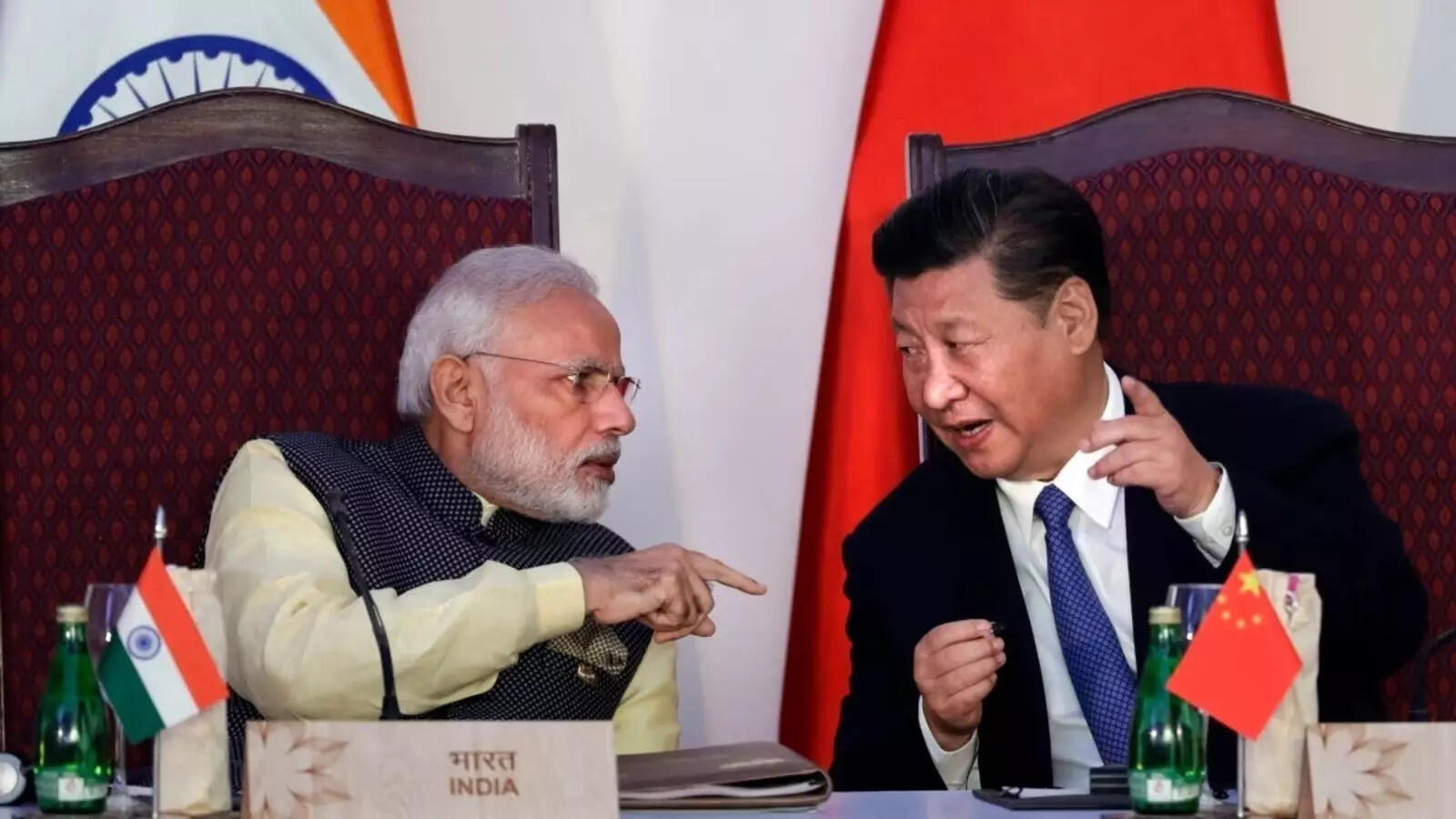
Besides, China’s non-market economy status based on its policies, be it subsidies to manufacturers or loan write-offs, which some in govt view as indirect doles, add to concern over easing of curbs.
In any case, the regime is seen to be hostile towards India‘s bid to gain more manufacturing muscle. While govt has been seeking to attract global giants to set up factories in India, Chinese authorities have often sought to tighten the screws on these firms, whether it is Apple‘s top phone makers or small vendors that supply components to the iPhone maker or other players.
The investment checks through the Press Note 3 – that mandates case-by-case approval for all investment from countries that share a land border with India – also provides govt flexibility in allowing who it wants to allow. In the past, the tool has been used to block EV-maker BYD‘s bid to invest $1 billion through a JV with Megha Engineering, which later got entangled in the poll bonds controversy.
Govt sources suspect some of the noise was being generated by Chinese firms whose bid to expand has been stalled in absence of govt approvals, prompting them to dilute equity in favour of Indian entities.
Within the govt too, some officials such as chief economic adviser V Anantha Nageswaran had last year backed easing the restrictions to reduce the trade deficit. Govt had, however, distanced itself from their suggestions.
Months later, Niti Aayog CEO BVR Subrahmanyam had suggested India should be part of plurilateral groups like Regional Comprehensive Economic Partnership (RCEP) and Comprehensive and Progressive Agreement for Trans-Pacific Partnership. India had dropped out of RCEP talks at the last-minute fearing it would open floodgates to Chinese imports, a view that has not changed.

